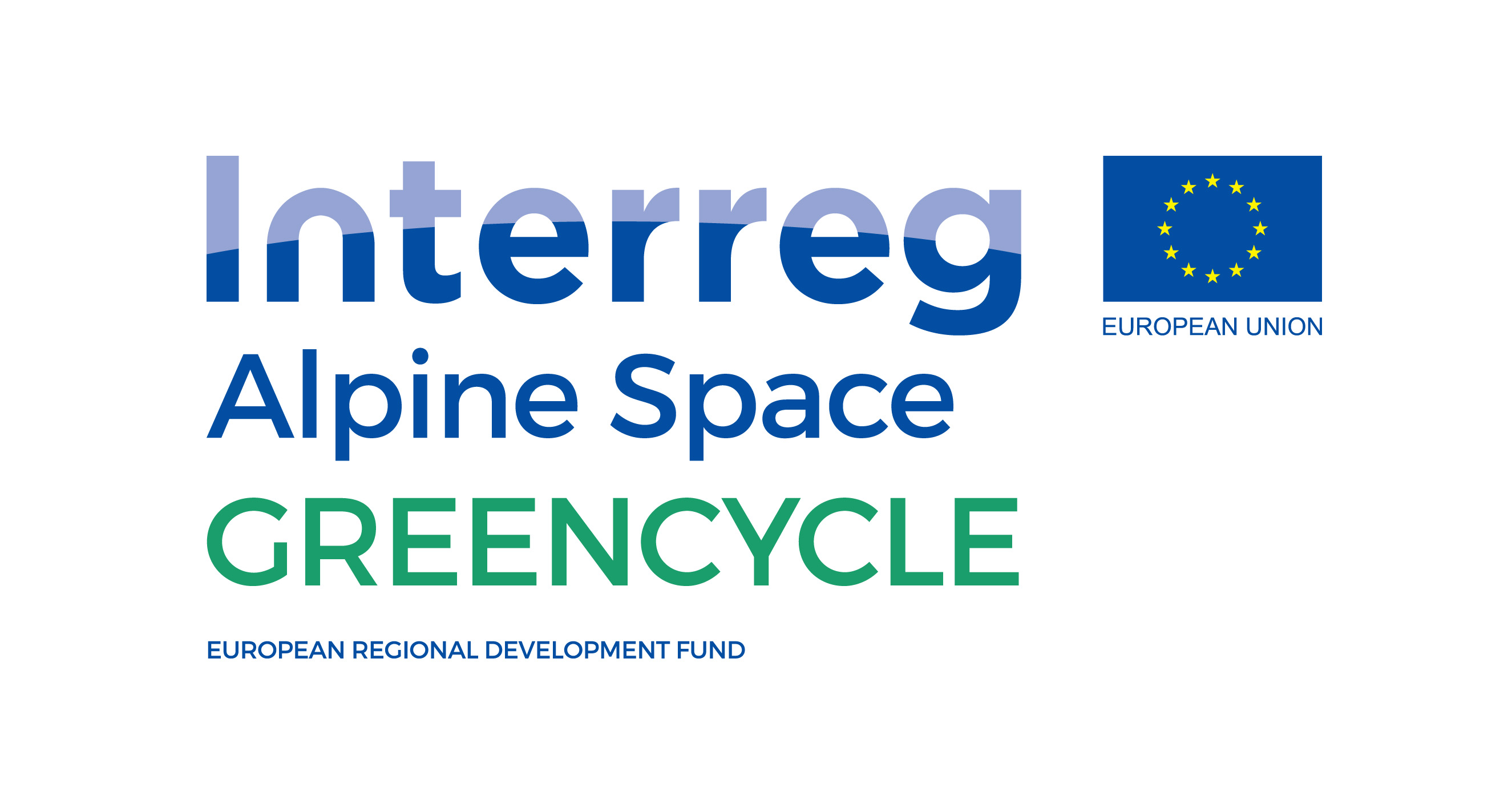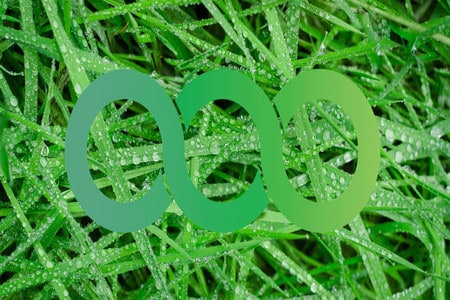
Overview
Waste is a resource that should not be wasted. Drawing on this assumption, five cities joined the Greencycle project and tested a variety of actions aimed at developing circular economy. Maribor (SI) and Trento (IT) created loops across industries to reuse waste as much as possible, while Vienne Coindreau (FR) started producing biogas from the sludge as a step toward its 2050 energy neutrality goal. Thanks to the Greencycle toolbox and to the project transnational network, municipalities in the Alpine Space and beyond find it easier to build their circular economy strategies.
Factsheet
- 2014 – 2020
- Low carbon
- Establish transnationally integrated low carbon policy instruments
-
- Group 2: To increase the economic potential of strategic sectors
- Group 6: To preserve and valorise natural resources, including water and cultural resources
- Group 9: To make the territory a model region for energy efficiency and renewable energy
- 11/2016
- 04/2020
- 2.120.322 EUR
- 1.654.331 EUR
Partners
- 46.5625368515.649759886404695
- 46.41779384999999515.874832466351261
- 47.99616617.8489814
- 47.3349884999999949.644342199999997
- 46.069045811.1212784
- 46.066422811.1257601
- 45.77107124.8640858
- 45.525244.87477
- 47.14692069.51909693320445
- 47.415947059.83676455
- 47.405661615.8780707















Outcomes
-
Manifesto for circular economy
StrategyGreencycle invites institutions, stakeholders, businesses in the Alpine Space to sign the manifesto for transition from a linear to a circular economy.Circular Economy is an alternative strategy to the currently dominant economic take-use-dispose model that is exploiting finite natural resources, creating toxic waste mountains and garbage whirls in the oceans as well as polluting air, soil and water. Instead the Circular Economy is a framework for a sustainable economy that is designed to be restorative and regenerative. - Products and resources are kept in the economic cycle as long as possible by creating closed loops of material use. - Waste will be more and more designed out of the system and reduced. - Circular Economy products are developed, distributed and reprocessed by using re-generative resources and renewable energy. - Circular Economy products are durable and easy to repair, easy to reuse, easy to share, easy to refurbish and easy to recycle. -
Toolbox for circular economy deployment
ToolThe Toolbox enables planning, management and monitoring of circular economy processes.In the form of E-tool, it was tested in local pilots. Circular economy toolbox will support practical implementation of strategies. Toolbox functionalities will include at least the following: initial assessment, reduce material use, recycling of waste into secondary material, quality/quantity of material and increased energy efficiency from shorter supply loops (optimised transport routes) and heat recovery from industrial processes. Toolbox will be developed for 6 cities (AT, SI, D, IT, FR, LIE), while pilots will be tested only in 5 without LIE. Pilot implementation will be evaluated and recommendations for fine-tuning of the toolbox will be prepared. Lessons learned will be identified and possible optimization of the toolbox will be proposed. Toolboxes will be accordingly improved. To assess potential environmental impact of implementing pilots the sustainability impact assessment will be prepared to assess pilot impact on all 3 pillars of sustainable development: environmental, social and economy. -
Transnational circular economy marketplace platform
ToolThe circular economy marketplace platform will be the main transnational tool for practical implementation of circular economy.It will establish transnational cooperation in the fields, where it is needed due to big-scale approach. For example when recycling electronic waste some materials (tantalum, iridium, cobalt…) can be feasibly recycled only if larger quantities are gathered. Marketplace will also include technologies, governance, services, recycling opportunities. The platform will be put into testing operation for 6 month. In this time circular economy city manager focal points will fill in the data about 14 critical materials (EC 2010 classified as critical for recycling), new technologies and services, governance models, recycling ideas, potential energy savings, etc. and have regular skype conferences to build working collaboration. Platform will be tested and improved and put for operation and use by Alpine Space stakeholders.



